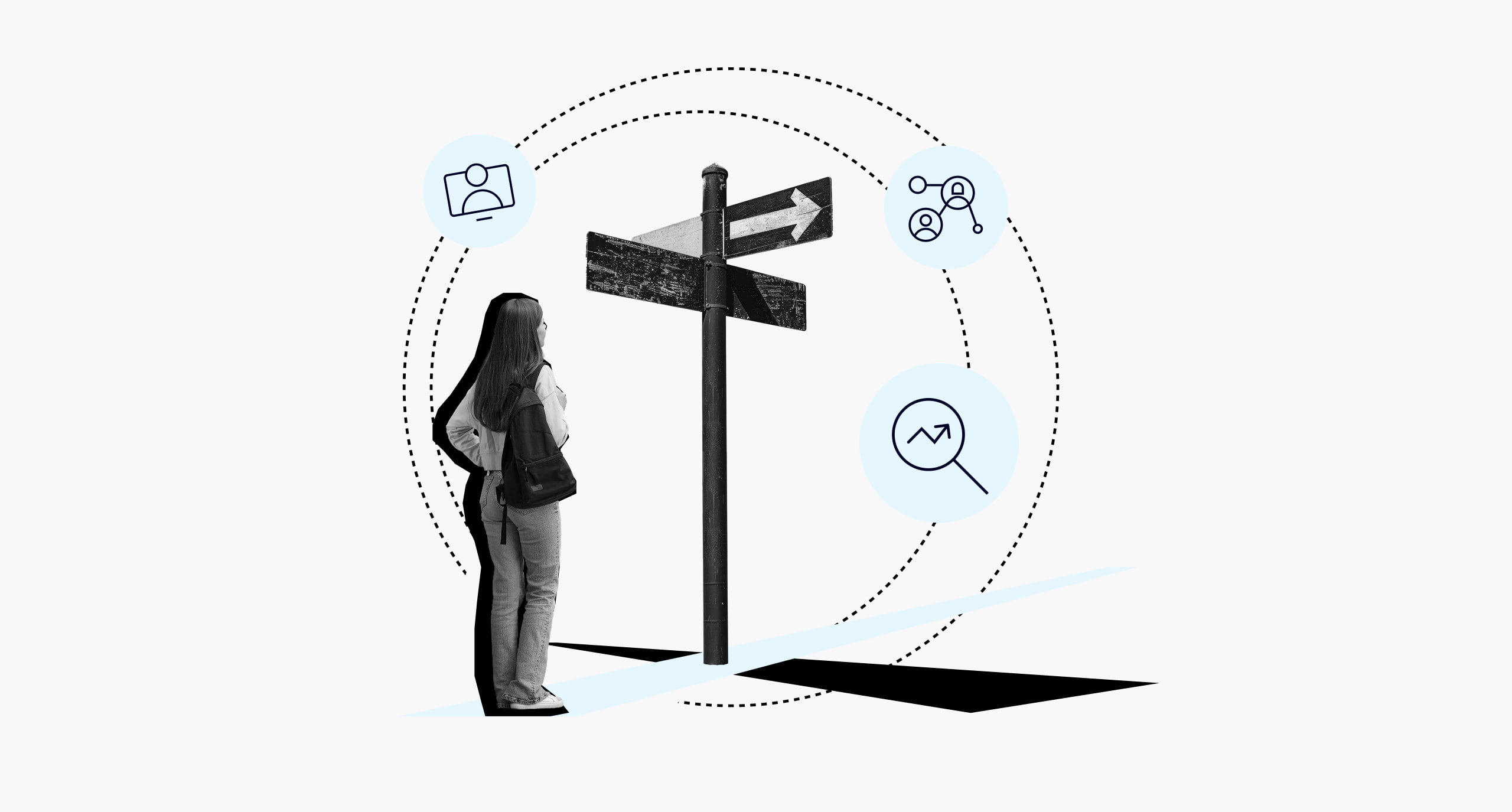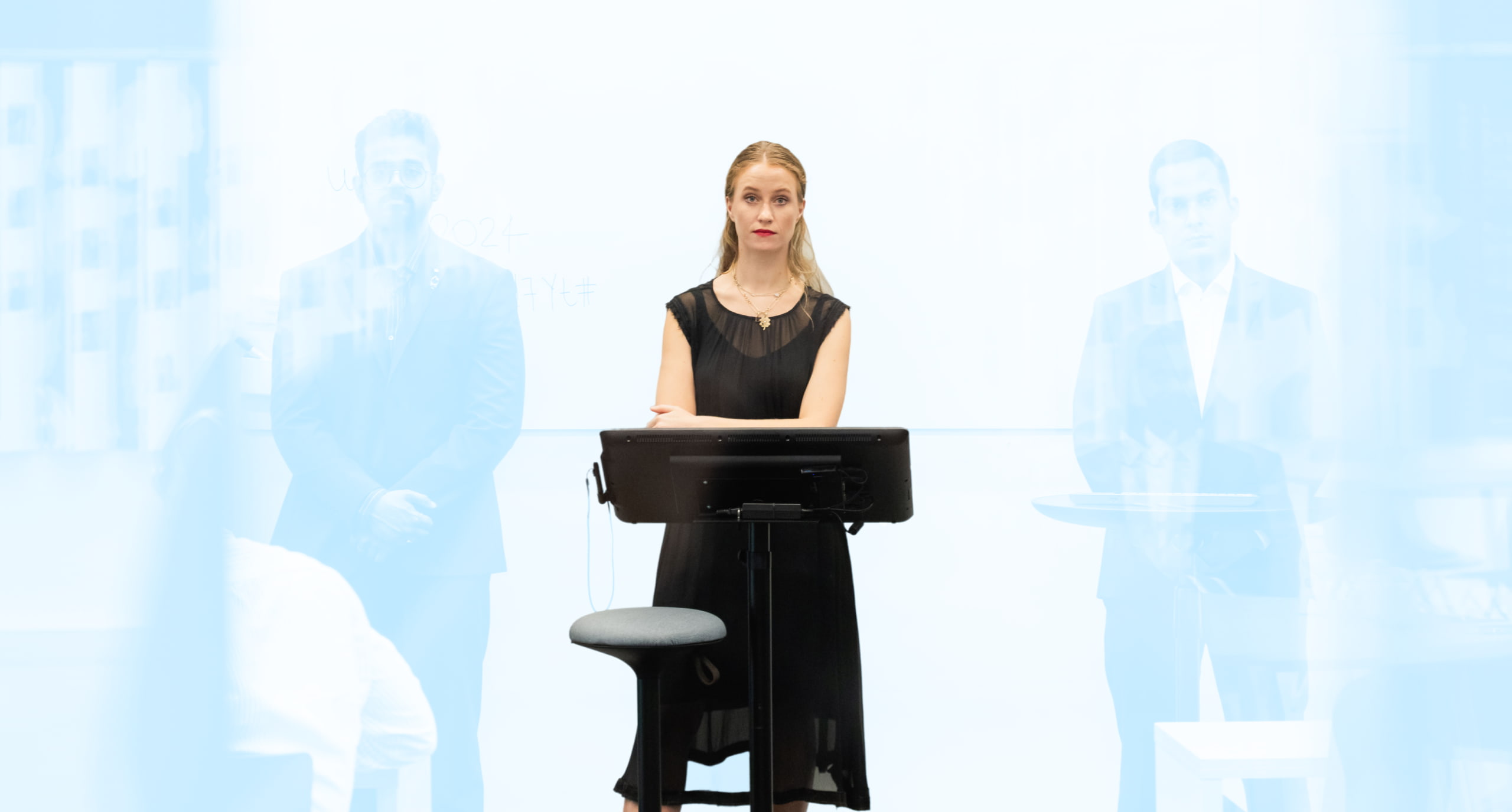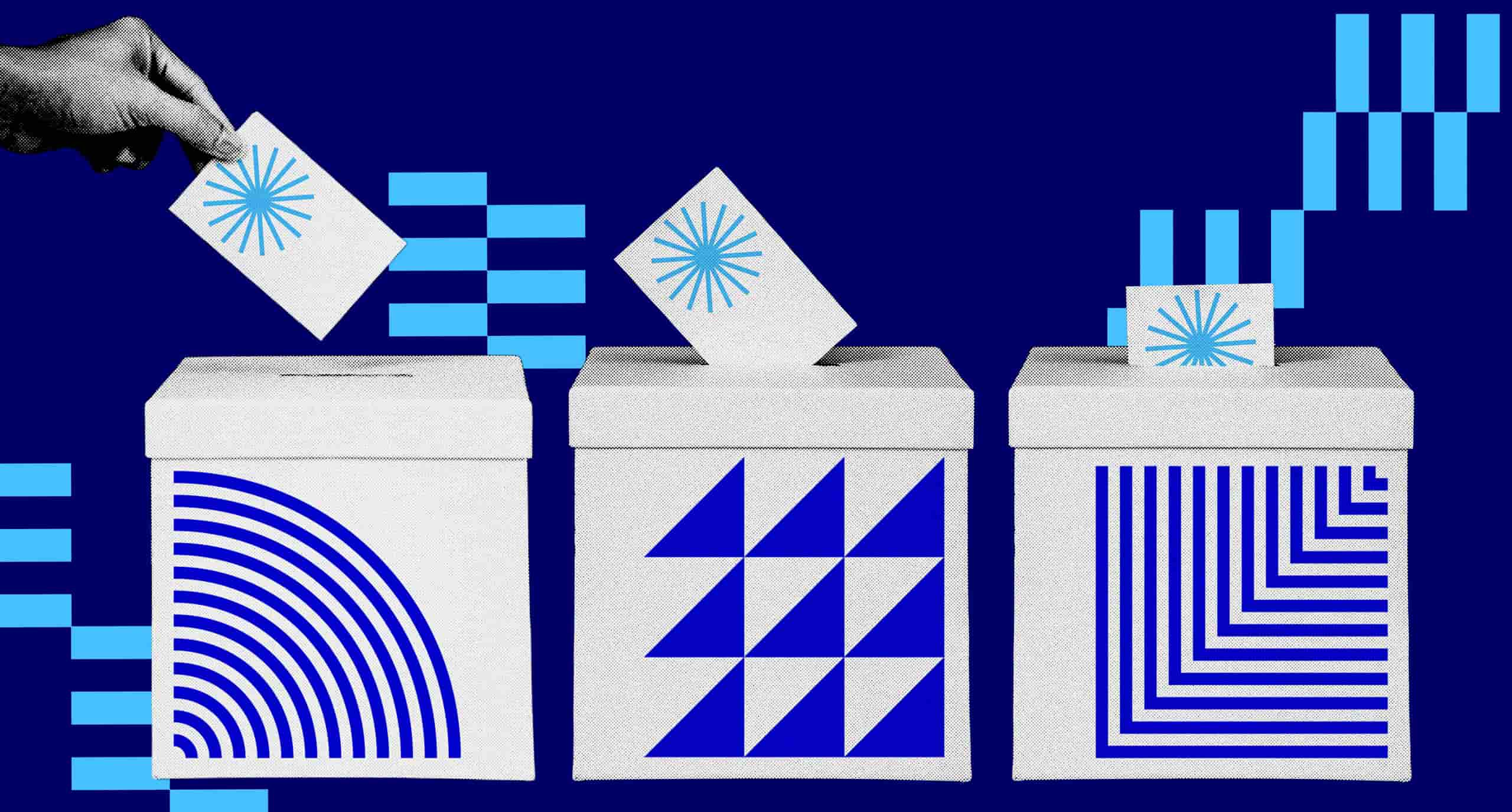How to know if someone is lying—a conundrum we’ve all faced at some time or another. Unfortunately, fibbing and free will go hand in hand. That’s why we’ve put together a lie-detection guide for those who need it most—lawyers. Why? Because as my Grandpa says: A lie for a lie makes the whole world cry.
How lawyers tell if a witness is lying
Knowing how to tell if someone is lying is essential for any lawyer’s toolkit. And these are some of their proven techniques.
Remember, before you start analyzing, you must first establish baseline behavior. That means knowing how an individual acts when they’re telling the truth so that you have a reliable point of comparison. And make sure you’ve identified two or three of these tells before you make any accusations…
What they say
A good liar has rehearsed their story to a word—but that’s just how you trip them up. Liars are naturally less adaptable, so they’ll likely answer indirectly or respond with non-sequiturs. Why? Because being vague keeps things under control.
That said, a liar may go in the opposite direction. Lots of unnecessary details in their alibi? Maybe they’re working overtime to make it believable. Interestingly, if a fib-teller doesn’t add new details to a repeated story, that’s a red flag. You see, most of us remember new, relevant facts every time we retell a true story. Liars don’t—because they could risk contradicting themselves.
“Everybody lies. Cops lie. Lawyers lie. Witnesses lie… A trial is a contest of lies. And everybody in the courtroom knows this,” Michael Connelly.
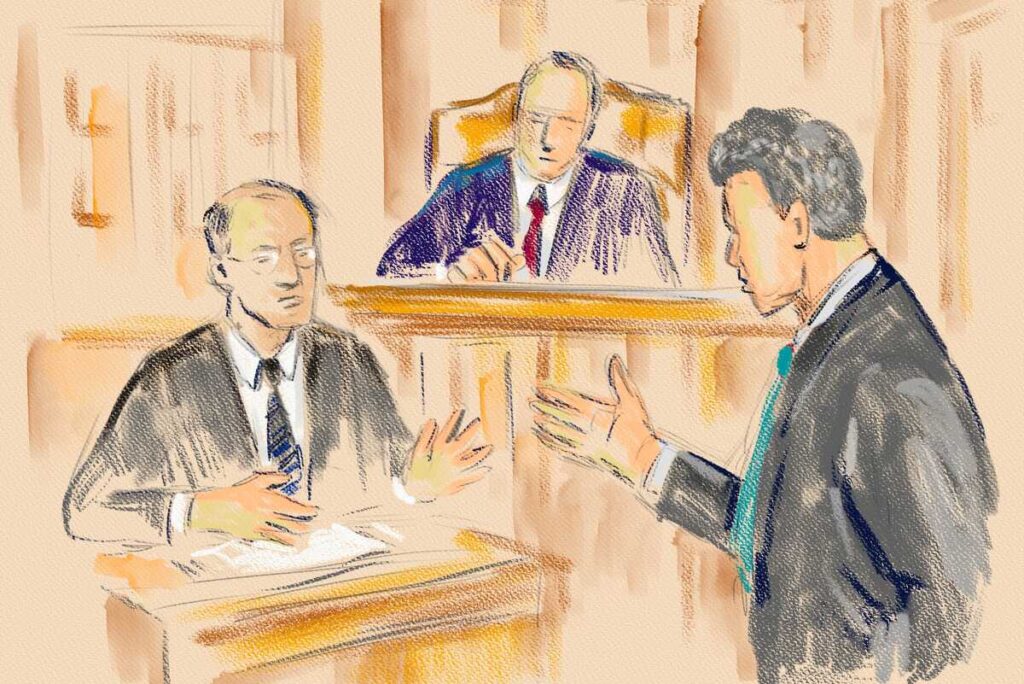
Also take notice of protest statements. “I’m married with kids” or “I have my job to worry about” or “I’m committed to my religion”. Funnily enough, the subject is probably expressing the why they can’t confess. The great thing about all these behaviors is they’re applicable for how to tell if someone is lying over text, too.
What they do
Nonverbal cues are gold dust. Why? Because the body involuntarily cracks under pressure. Crossing and uncrossing legs; Tapping feet; Adjusting body positions under difficult questions. All are dead giveaways if deviating from baseline behaviors.
The trick is, you want to judge if someone’s body reflects what they’re saying. If they’re shaking their head as they tell the truth, that’s an obvious contradiction. If they’re smiling during a serious point, then something is off.
“Non-congruent body gestures will often tell me much more than the words that are spoken. In fact, about 70% of all communications are non-verbal, so it’s important to keep this in mind,” Mitch Jackson, trial lawyer.
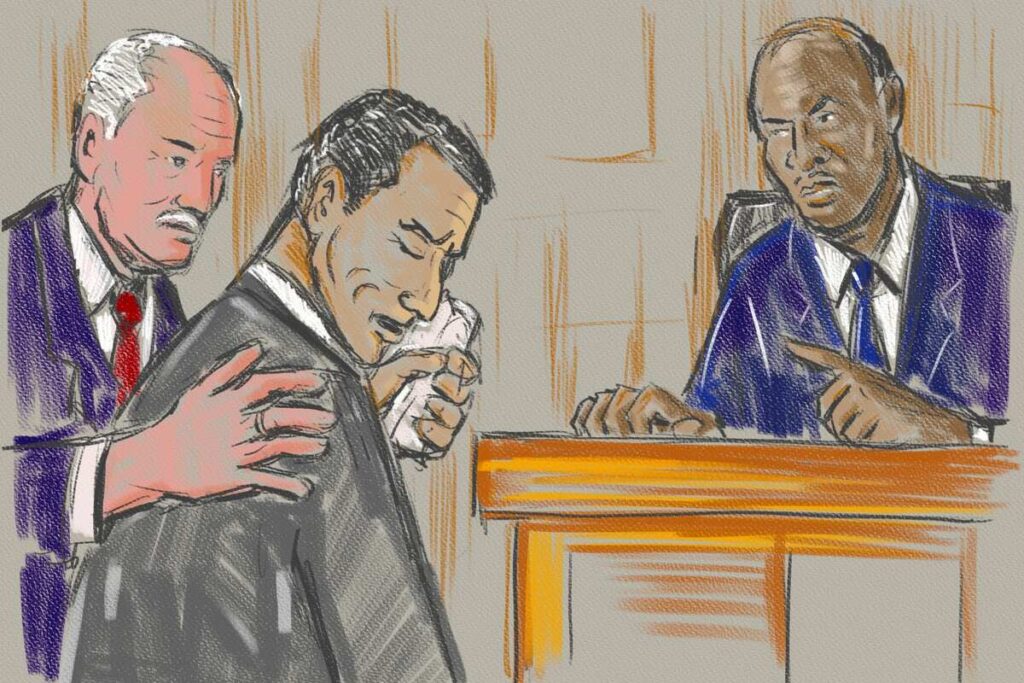
Postures provide more clues to the truth. With “escapism”, the person leans back and shields their eyes, as though withdrawing from the situation. The “defeatist” posture sees the subject slump and lower their head—watch out, because this tends to be just before they cave.
Look into their eyes
Most think that if someone looks away, they’re lying. But research suggests this gaze aversion is just a sign we’re thinking. In fact, many liars look you dead in the eye during critical moments. Why? To see if they’re convincing you. Much like providing excess details in their alibi, they’re likely overcompensating.
The real giveaway is the pupils. That’s right—studies show that pupils dilate then quickly restrict after you tell a lie. An experiment by Ira Heilveil showed that pupils dilated by 5.74mm following a lie compared to 5.15mm following the truth. In fact, a robot was created with an eye tracker to check this theory, and the outcome was accurate. This is likely because cognitive load increases as you invent false information. And the boost in cognitive load has a direct impact on the diameter of the pupil.
How to get someone to be truthful with you
A professional at Hogan & Hogan recounts that it’s far more useful to be empathetic than aggressive when trying to extract the truth. This is because the accused is evaluating you, too. You want to make a liar feel comfortable. If you’re non-accusatory, they’re more likely to slip on details and give valuable insights into their behavior.
“He is no lawyer who cannot take two sides,” Charles Lamb.
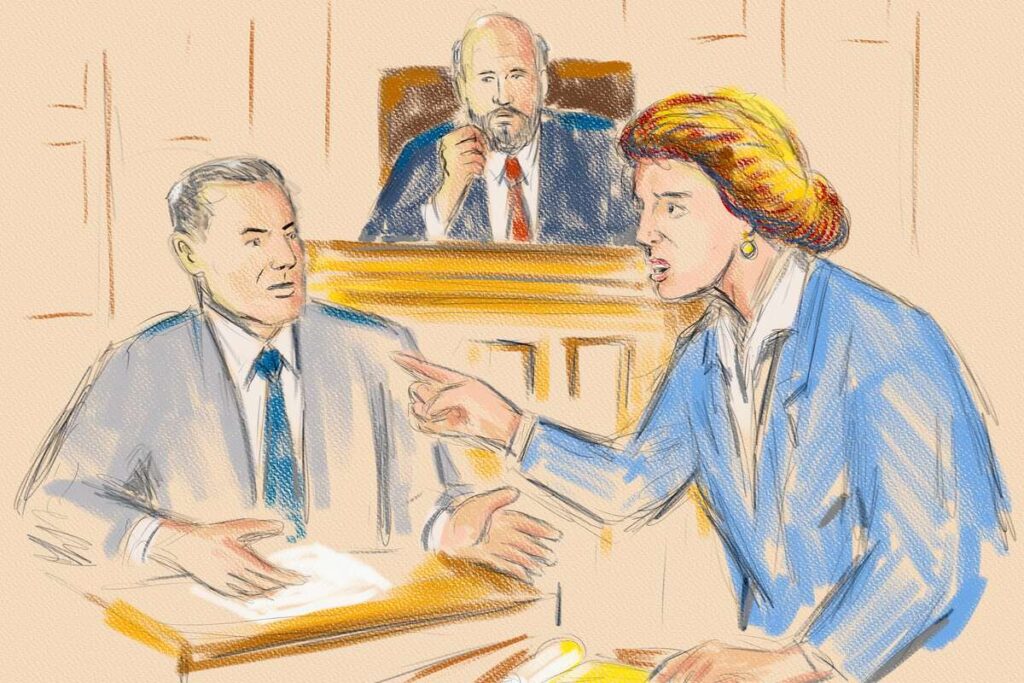
Don’t be direct. Ask open-ended questions and allow them to elaborate. Instead of asking them if they did something, ask them why they did it. The subject will probably reveal some kind of contradiction. Also, you can surprise them with unexpected or irrelevant questions. This disrupts a rehearsed story and makes it difficult to maintain a lie.
But remember—always keep a cool head and maintain perspective. Let me explain why.
Studying the Master of Laws (LL.M) at IE Law School
First, though, you’d probably like to know about what we do here at IE Law School. We’re an international hub that’s based in Madrid, and we’re in the business of molding well-rounded legal practitioners with an eye for international law. Our Master of Laws (LL.M.) program takes you on a transformational journey, offering a global view of legal practice, innovative thinking and the opportunity to specialize in a field of interest. This might include International Business Law, Digital Law and Intellectual Property, International Dispute Resolution or International Taxation. We offer full flexibility so that you can focus on the path that best fits your desires.
We also believe you must learn from the best. That’s why, aside from a world-leading faculty filled with experienced lawyers, we immerse you in a personalized mentoring program alongside the core curriculum. Throughout your studies, you’ll have various one-on-one sessions with top legal professionals who share their insights, experience and guidance. This strengthens your network and provides the opportunity for meaningful connections that will last your career. In fact, we kicked off this year’s Law Mentorship Program on February 6th. This involved coaching sessions for mentors and mentees followed by a networking session at the IE Tower.
This scheme is built around five key objectives: to help students transition from academic to professional life, explore primary and secondary career options, learn about the legal field, provide guidance on building underlying skills, and to develop their professional relationships.
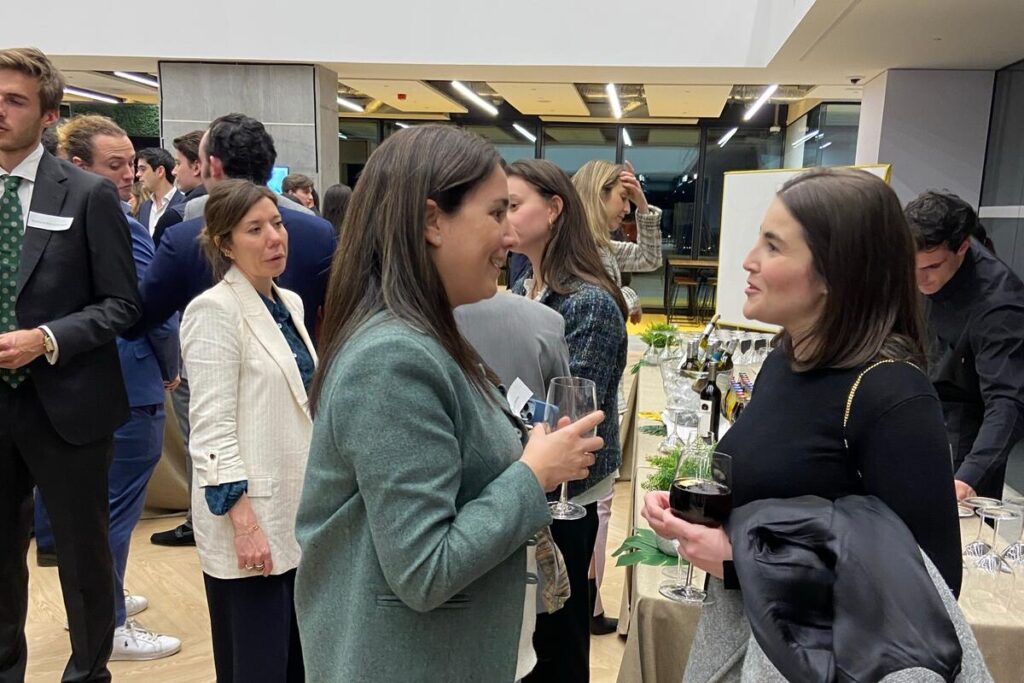
We were privileged to have representatives from over 15 different firms, including: A&O Sherman, Ashurst, Clifford Chance, Conway & Partners, ECIJA, EY (Ernst & Young SL), Hogan Lovells, KPMG, LAB Abogados, Pérez-Llorca, Ric Energy, Santander, Sidley Austin, Simmons & Simmons, Skadden, Squire Patton Boggs, Veritas International and White & Case. If you want to read more about how we collaborate with law firms and find tips to work as a lawyer, make sure you read our article on our recent Law Talent Fair.
What to do if someone is lying to you—and you find out
If you’re still reading this, I’m going to assume you’re a decent person. And if you’re a decent person, you’ll accept we all lie. Which means, at some point or another, we’ll be found out. Think back to the last time you told a lie—were you trying to do harm? No. You were probably doing the opposite, weren’t you? Decency, mixed with a little bit of fear. And if you’d known the truth would be met with kindness, I think you’d probably have given up the game.
So: What to do if someone is lying to you?
Keep it in perspective. Because some day, it’ll be you.
And what if I told the lie?
Then we’ll give my Grandpa the final word: It’s best to face these things head on.
Think you’ve got what it takes to be a lawyer?
Explore our Master in Laws (LL.M.) and challenge yourself to be more.

Benjamin is the editor of Uncover IE. His writing is featured in the LAMDA Verse and Prose Anthology Vol. 19, The Primer and Moonflake Press. Benjamin provided translation for “FalseStuff: La Muerte de las Musas”, winner of Best Theatre Show at the Max Awards 2024.
Benjamin was shortlisted for the Bristol Old Vic Open Sessions 2016 and the Alpine Fellowship Writing Prize 2023.


